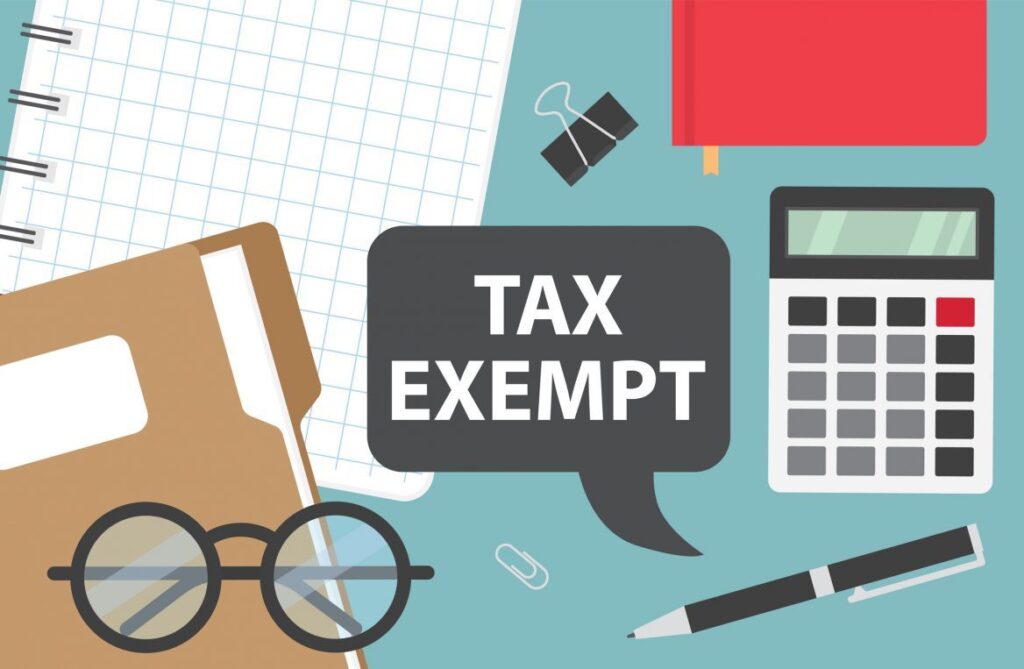15 Lakh Non refundable grant – MSME IDEA HACKATHON 4.0 – Deadline : 08th October 2024
+91 9879905165
15 Lakh Non refundable grant – MSME IDEA HACKATHON 4.0 – Deadline : 08th October 2024
+91 9879905165

Section 80IAC of the Income Tax Act provides a crucial tax exemption for eligible startups in India. This government initiative aims to support and encourage entrepreneurship by offering an income tax holiday for three consecutive years out of the first ten since incorporation.
The tax holiday under Section 80IAC helps alleviate the financial burden on emerging businesses, allowing them to channel their resources towards growth and innovation.
Our Tax Exemption Certificate Services:
At Utkrasht, we specialize in facilitating the acquisition of tax exemption certificates, ensuring that businesses can maximize their tax benefits and optimize their financial resources. Our comprehensive services include:
Consultation and Assessment:
Our experienced consultants assess your business’s eligibility for tax exemption certificates, taking into account factors such as industry sector, location, and business activities.
Documentation and Preparation:
We assist in preparing all the necessary documents required for the tax exemption certificate application, ensuring compliance with regulatory requirements and maximizing the chances of approval.
Application Filing and Follow-up:
Our dedicated team handles the filing of the tax exemption certificate application with the relevant tax authorities and ensures timely follow-up to expedite the process and address any queries or concerns.
Post-Certificate Support:
We provide ongoing support and guidance on leveraging the benefits of the tax exemption certificate, including compliance with reporting requirements and maximizing tax savings opportunities.
By availing of our Tax Exemption Certificate Services, businesses can benefit from reduced tax burdens, improved cash flow, and enhanced competitiveness in the marketplace.
Contact Information:
For more information or to initiate the process of obtaining a Tax Exemption Certificate, please visit our website or contact our dedicated team via email or phone. We are committed to providing personalized assistance and ensuring a seamless experience for our clients.
Incorporating a startup in India usually involves several key steps. These steps typically include registering the business name, acquiring a Director Identification Number (DIN) and Digital Signature Certificate (DSC), preparing the Memorandum of Association (MoA) and Articles of Association (AoA), and submitting the incorporation documents to the Registrar of Companies (RoC).
Registering as an MSME brings forth a host of advantages, including access to government schemes and subsidies, priority sector lending, protection against delayed payments, eligibility for tax benefits, and expanded market opportunities.
A private limited company stands as an independent legal entity, affording its owners limited liability protection and accommodating multiple shareholders. On the other hand, a sole proprietorship represents an unincorporated business solely owned and managed by an individual, offering simplicity but lacking limited liability protection.
Indeed, obtaining a PAN (Permanent Account Number) is mandatory for incorporating a startup in India. PAN serves various tax and regulatory purposes, including opening a bank account, filing tax returns, and conducting financial transactions.
Absolutely, foreign nationals and Non-Resident Indians (NRIs) are permitted to incorporate a startup in India. However, specific conditions and regulatory prerequisites, such as obtaining requisite approvals, may be applicable depending on the nature of the business and the residency status of the foreign national.
Empowering Businesses for Unparalleled Success through Innovative Strategies, Dedication to Excellence, and Customized Solutions Tailored to Your Needs.
Note: Payments for services are only accepted in the name of Utkrasht Udhyog Seva Private Limited and the type of account is solely “Current Account” via NEFT/IMPS, RTGS , Razorpay and we do not accept payments on personal accounts or under any other name.
Chat with us